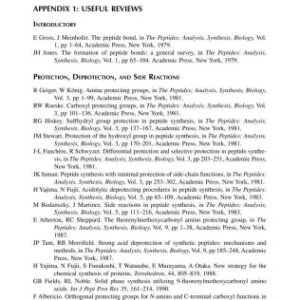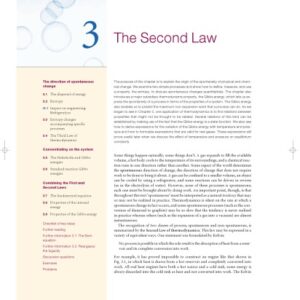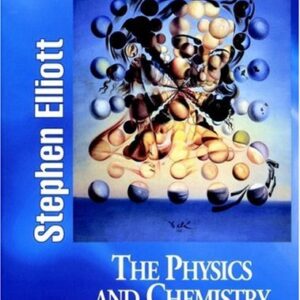The theoretical treatment of chemical reaction dynamics has undergone spectacular development during the last few years, prompted by experimental progress. Beam production, spectroscopic detection using high resolution, polarized lasers allowing energy and angular momentum selection, etc. have advanced so much that the experiments now offer detailed scattering information for theory to explain and rationalize. At the same time, advances in computing and networking technologies for heteregeneous and grid environments afford new possibilities for theoretical studies of chemical reactivity. As a consequence, calculation of atom+diatom reactions has become routine, accurate methods have been developed to describe reactions in tetra-atomic systems, nonadiabatic reactions are being studied in simultaneous experimental and theoretical efforts, and statistical theories of unimolecular reaction dynamics are applied to systems that were a mystery a few years ago. The book represents a snapshot of the current status of research in reaction dynamics, focusing especially on accurate time-dependent and time-independent methods of quantum scattering, treatment of non-adiabatic processes, studies of associative and inelastic collisions, calculation of potential surfaces.

![[PDF] Theory of Chemical Reaction Dynamics Antonio Lagan?, Gy?rgy Lendvay](https://pdfelite.com/wp-content/uploads/2024/04/a4ea47202c20f60ba85c5bcadcddeabe-d.jpg)




Reviews
There are no reviews yet.